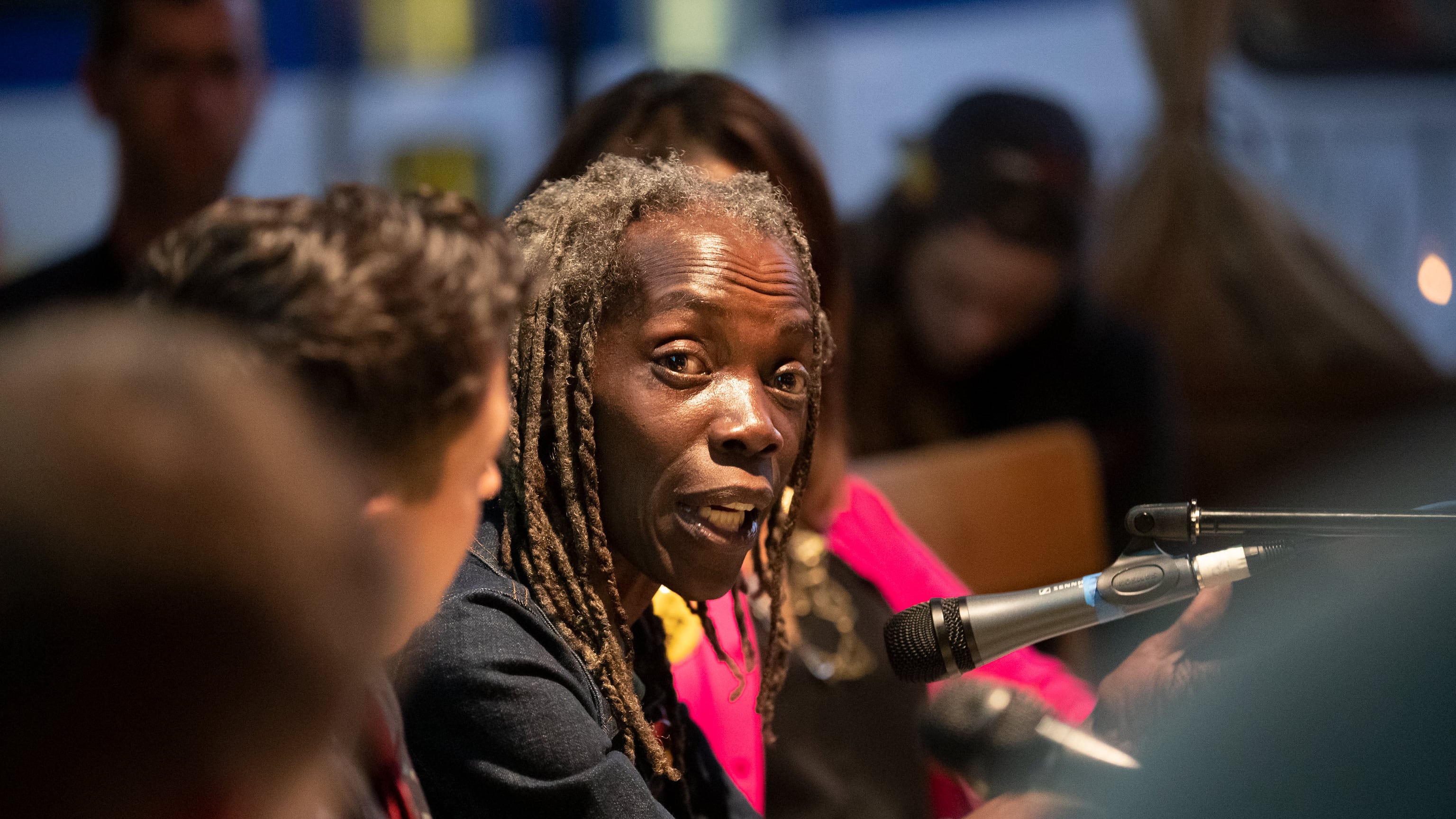The fifth fatal shooting by Portland police this year has set off a very public round of blame-shifting.
On Dec. 8, Koben Henriksen was killed by police outside a Starbucks in outer Southeast Portland. Police say he was carrying a knife in each hand, and goaded an officer into shooting him. It was the third time Henriksen, who was severely mentally ill, had confronted police this year.
Portland Police Chief Danielle Outlaw issued a Dec. 12 statement saying Henriksen died because Portland's mental-health system failed him. "There are a number of accountability measures in effect for the officers involved, which will scrutinize their every action and decision," Outlaw said. "Where is the same level of accountability throughout the mental health system? Law enforcement professionals are put in an impossible position and we need the public to help prioritize effective and humane mental health treatment and demand urgent and immediate action."
Multnomah County, which oversees crisis mental health centers, sniped back with a collective statement on Dec. 13. "Multnomah County will wait for the official review on the death of Koben Henriksen to bear out the facts," it read. "Ultimately, anyone experiencing a mental health crisis should not have to face a violent death at the hands of law enforcement."
The statements marked an unusual level of antagonism between two governments—Portland and Multnomah County—over who should bear responsibility for a tragedy. And late on Dec. 13, City Commissioner Jo Ann Hardesty, a longtime police watchdog, rebuked both parties.
"I'm disappointed that we're myopically pointing fingers at one particular issue," she said, "rather than taking a deep dive to meaningfully talk about all the systems that failed Mr. Henriksen this past week."
Her statement tells both sides to go back to their corners. But it feels like a particularly pointed message to Outlaw not to shift responsibility away from the Police Bureau.
Here is the full statement:
I'm disappointed that we're myopically pointing fingers at one particular issue rather than taking a deep dive to meaningfully talk about all the systems that failed Mr. Henriksen this past week. This isn't a question of which system is solely responsible. So yes, I agree that our mental health system could use improvement. But there are other systems that also need improving. Although we cannot draw conclusions about what occurred with Mr. Henriksen until there has been a full investigation, the OIR Group, who conducts annual outside reviews of officer involved shootings, has raised concerns that we have used deadly force too soon. These patterns of behavior have been identified by OIR year after year, and yet people in mental health crisis continue to die of deadly force.
So this is my hope: It's my hope that we use this opportunity to work on ALL the systems that continue to fail our most vulnerable. Our communities deserve better.

